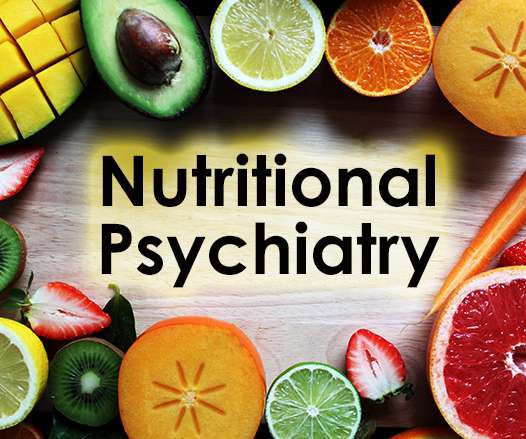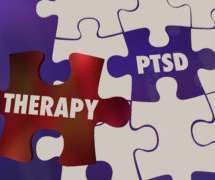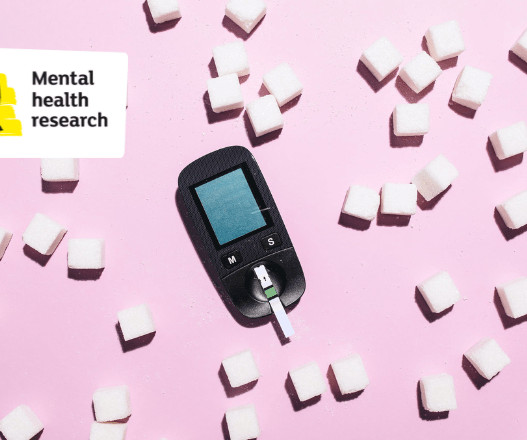Nutritional Psychiatry for Improved Mental Health
Pure Recovery California
JULY 16, 2019
Choosing the right food for the brain and gut health is essential to proper brain function, and Nutritional Psychiatry is leading the charge for much of this newfound awareness. What is Nutritional Psychiatry? Nutritional Psychiatry is the scientific study of how nutrition affects mood, behavior, and mental health.





















Let's personalize your content